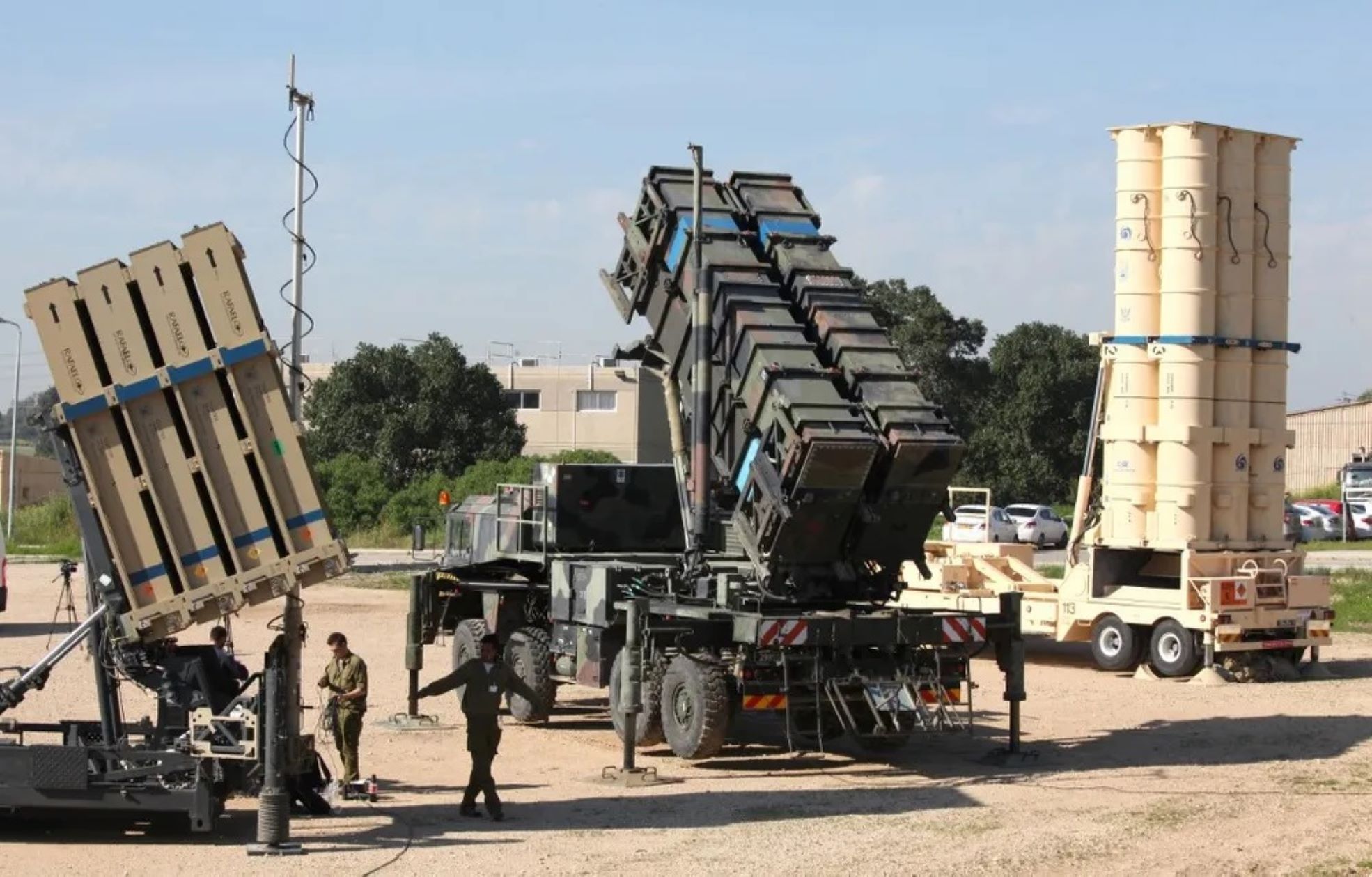The Iranian parliament erupted in celebratory chants of “Death to Israel!” on a Sunday morning, hailing what they perceived as a successful missile and UAV attack on Israel. However, despite the fervor of the moment, the reality paints a different picture: almost 99% of the onslaught launched by Iran, Iraqi militias, and Houthi rebels, consisting of 110 ballistic missiles, 185 UAVs, and 36 cruise missiles, were intercepted before reaching their targets.
This achievement stands unparalleled globally. For instance, in the Russia-Ukraine conflict, where Moscow employs drones akin to those used against Israel, Kyiv celebrated intercepting 40 drones. Yet, this pales in comparison to the scale of the Iranian assault on Israel, both in sheer numbers and the breadth of engagement.
A complex web of defence mechanisms, including the air defence forces of the United States, Great Britain, France, and Jordan, collaborated in the interception efforts. However, the lion’s share of interceptions was executed through Israel’s sophisticated multi-layered air defence system. This system encompasses the Arrow 3 for intercepting ballistic missiles beyond the atmosphere, Arrow 2 for within the atmosphere, the David’s Sling for advanced short- and medium-range threats, and Rafael’s Iron Dome for short-range threats.
At the forefront of this defence matrix are the Arrow 3 and Arrow 2 systems developed by Israel Aerospace Industries (IAI). These systems boast advanced capabilities, with Arrow 3 relying solely on kinetic energy to destroy targets, thanks to its exceptional manoeuvrability and cutting-edge electro-optical sensors. Command and control systems developed by Elisra, a subsidiary of the Elbit Group, serve as the operational hub for Arrow 3, Arrow 2, and David’s Sling systems, orchestrating the interception process with precision.
Tomer, a security company, plays a crucial role in developing and manufacturing Arrow missile engines, ensuring the reliability and efficiency of these defence systems. The recent sale of the Arrow 3 system to Germany underscores the global interest in Israeli defence technology, prompting investments to enhance infrastructure and production capacity.
While the Arrow systems have demonstrated effectiveness against previous threats, the challenge posed by Iranian ballistic missiles lies not only in their payload but also in their staggering speeds. The Arrow systems’ “Hit to Kill” approach, aiming for metal-to-metal interception, faces the formidable task of neutralizing projectiles moving at velocities of up to 6,000 meters per second.
Boaz Levy, CEO of IAI, lauds the culmination of three decades of meticulous development and collaboration, emphasizing the readiness of Israeli defence forces in thwarting such attacks. The success of the Arrow systems in intercepting a barrage of ballistic missiles underscores their unmatched efficacy.
Beyond the Arrow systems, Israel’s air defence architecture includes the David’s Sling system, designed to intercept short- and medium-range threats, and the Iron Dome, renowned for its effectiveness against short range rocket attacks. Recent additions by Rafael like the “Shield Dome”, a maritime variant of the Iron Dome, further bolster Israel’s defence capabilities, safeguarding against a spectrum of threats in both land and sea domains.
Investments in air defence remain a priority for Israel, underscored by ongoing cooperation with the United States through joint innovation initiatives. This partnership not only ensures financial support but also fosters continuous advancements in defence technology, enhancing Israel’s resilience against evolving threats.
Photo credit: Gil Cohen-Magen / AFP Arrow 3 (right) missile defence systems at Hatzor Israeli Air Force Base.





0 Comments